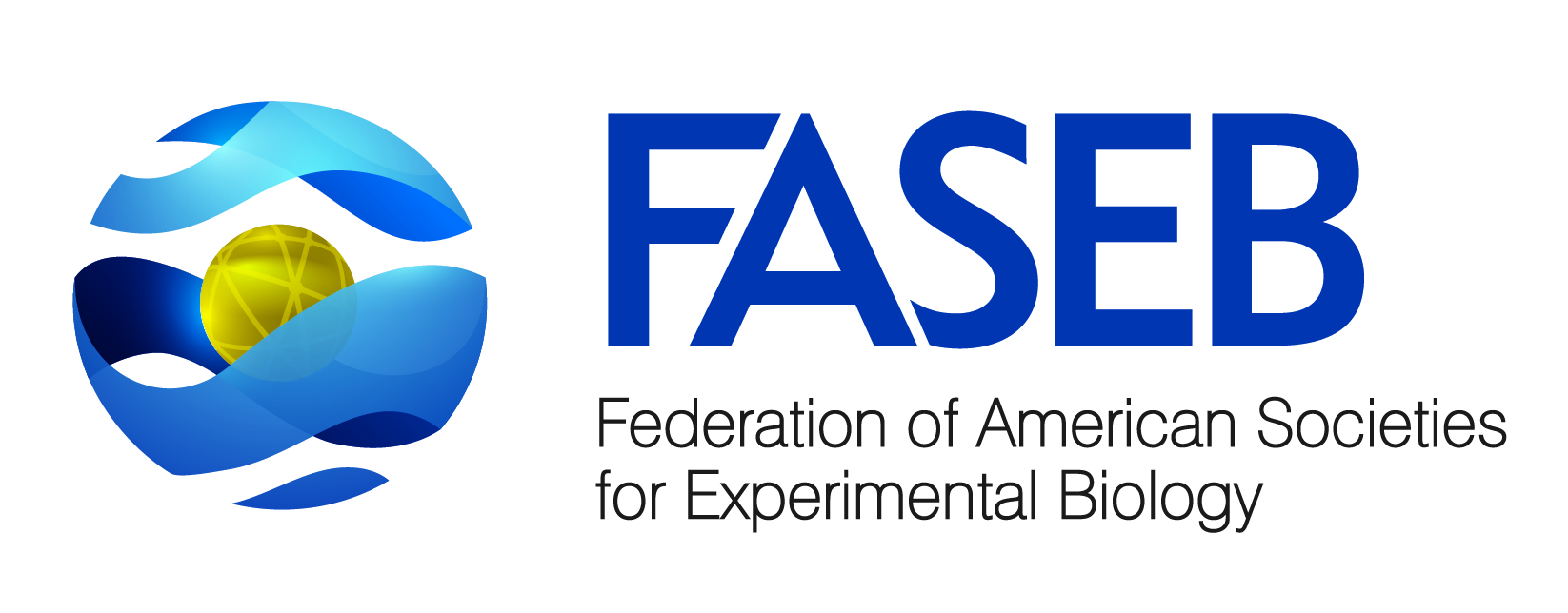Newswise — SAN DIEGO (April 27, 2014) – A new study conducted in rats offers clues about how teen drinking alters brain chemistry, suggesting early alcohol use has long-term effects on decision making.
“Early life experiences can alter the brain in the long term, with profound implications for behavior in adulthood,” said Abigail Schindler, Ph.D., a postdoctoral fellow at the University of Washington who conducted the research. “This study points to the potential effects of alcohol on brain development in adolescence, a period of exploration when young adults are often experiencing alcohol for the first time.”
The researchers gave alcohol-laced “Jell-O shots” to a group of rats 30-50 days of age, the equivalent of the teen years in humans. During this period, the rats were given access to the Jell-O shots 24 hours per day. Once the rats reached adulthood, they were given tests offering the opportunity to take a low risk to get a small treat or take a much higher risk to get a larger treat.
The rats exposed to alcohol during adolescence were consistently more inclined to take the high risk/high reward option, even when the safer option would have given them more treats overall. “This increase in maladaptive risk taking suggests that the alcohol exposure changed the way the animals make decisions,” said Schindler.
To explain the phenomenon, the research team dug deeper into the rats’ brain chemistry. They traced the effect to changes in dopamine, a brain chemical that contributes to the experience of reward, and to possible changes in GABA receptors, which can act as a brake system to keep dopamine in check.
Rats exposed to alcohol showed greater dopamine surges and changes in certain types of GABA receptors, suggesting that early alcohol exposure may take the breaks off of the dopamine system.
The findings could shed light on the development of alcohol and drug addiction. “In humans, the younger you are when you first experience alcohol, the more likely you are to experience problems with alcohol in adulthood. But it’s sort of a chicken-and-egg problem, because it’s been unclear whether some people have a natural tendency toward alcohol abuse, or if alcohol itself has an effect on the brain,” said Schindler.
The study bolsters the evidence that alcohol exposure early in life can have long-term effects on risk taking and decision making, which can increase a person’s risk for substance abuse problems.
Alcohol abuse represents a major social, economic and public health problem. About 18 million people in the United States have an alcohol use disorder.
Alcohol is the most commonly abused drug among adolescents. Seventy percent of 12th-graders and one-third of 8th-graders in the United States have had some exposure to alcohol during their lifetimes, according to a 2011 Monitoring the Future survey.
Abigail Schindler will present the findings during the Experimental Biology 2014 meeting on Sunday, April 27 from 12:30 – 2:30 p.m. at the Opioids and Alcohol poster session in Exhibit Halls A-D (Poster # B256) and on Monday, April 27 from 3:40 – 4:00 p.m. at the Neuropharmacology Division Postdoctoral Scientist Award Finalists oral session in Room 2, San Diego Convention Center.
The study was funded by the National Institute of Alcohol Abuse and Alcoholism.
###About Experimental Biology 2014Experimental Biology is an annual meeting comprised of more than 14,000 scientists and exhibitors from six sponsoring societies and multiple guest societies. With a mission to share the newest scientific concepts and research findings shaping clinical advances, the meeting offers an unparalleled opportunity for exchange among scientists from across the United States and the world who represent dozens of scientific areas, from laboratory to translational to clinical research. www.experimentalbiology.org
About the American Society for Pharmacology and Experimental Therapeutics (ASPET)ASPET is a 5,100 member scientific society whose members conduct basic and clinical pharmacological research within the academic, industrial and government sectors. Our members discover and develop new medicines and therapeutic agents that fight existing and emerging diseases, as well as increase our knowledge regarding how therapeutics affects humans. www.aspet.org
###
